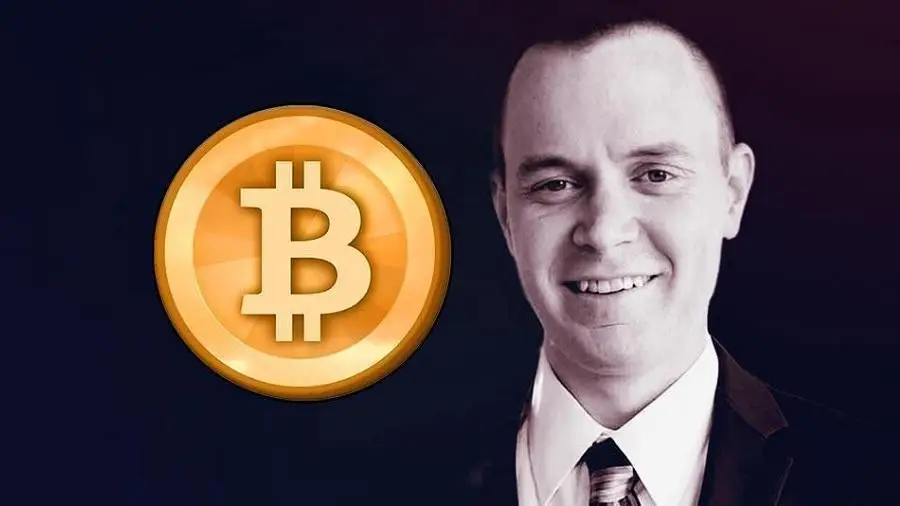The Confederation of Commercial and Business Associations of Brazil (CACB) released this Wednesday (23) a note in which it repudiates the proposal of the PEC of the Burst to increase spending by almost R$ 200 billion in 2023 and withdraw payments from a new Larger Bolsa Família and other social spending cap programs.
The confederation, which brings together 27 state federations and more than 2,000 trade associations in the country, defends the need to expand social transfers, but states that this must be done respecting the budget limit and avoiding an increase in the public debt.
“The CACB (…) expresses its support for maintaining, next year, the value of R$ 600 of the Auxílio Brasil or another name that may have it, as it considers it a necessity in the current situation of difficulties of a large portion of the population”, says the note. .
“It considers, however, that the resources necessary to guarantee this amount are sought through relocations in the Union Budget for 2023, rather than an authorization for extraordinary spending (…). Thus, it manifests its position against the approval of a Transition PEC, even only in the amounts necessary to cover additional expenses not foreseen in the Aid Budget.”
The group of entities also defends, as a solution, the carrying out of administrative reform, “to rationalize public spending”, and tax reform, “to simplify the system and correct distortions”.
Another note also released this week, signed by several associations in the construction and infrastructure sector, defends the Fiscal Responsibility Law, which, for the entities, is an achievement of Brazilians.
“Society was more protected from uncontrolled spending without any kind of accountability”, says the letter.
🇧🇷[O aumento dos gastos públicos] means, at first, an apparent improvement in the economy, which will generate an increase in demand […]without proper monitoring of the structure of the offer,” Caio Portugal, the vice-president of Secovi-SP, the union of real estate companies in São Paulo, told CNN.
“But, in a second moment, comes the charge, due to inflation, the corrosion of prices, and the next step is the recession, unemployment and everything we went through in 2014, 2015 and 2016.”
Source: CNN Brasil
A journalist with over 7 years of experience in the news industry, currently working at World Stock Market as an author for the Entertainment section and also contributing to the Economics or finance section on a part-time basis. Has a passion for Entertainment and fashion topics, and has put in a lot of research and effort to provide accurate information to readers.







